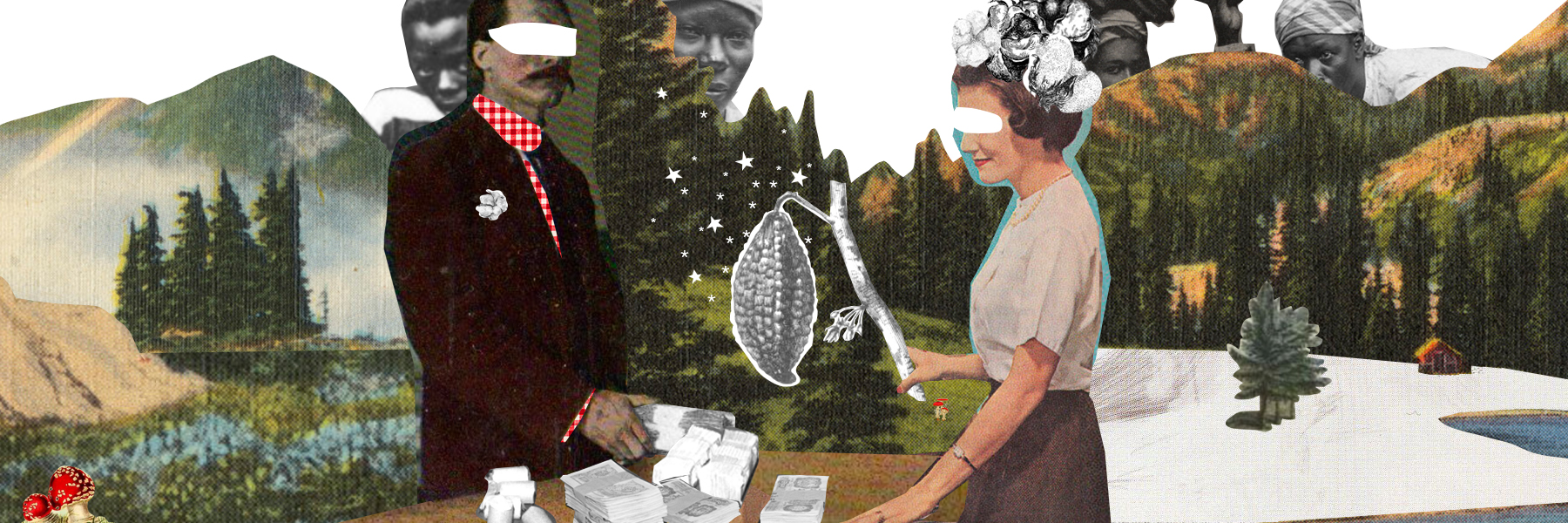
Photo Elysée takes a critical look at its colonial archives

Photo Elysée takes a fresh look at the archives of the Lehnert & Landrock studio, which entered the Lausanne museum's collections in 1985. The aim is to offer a decolonial approach to these photographs, taken at the beginning of the 20th century in North Africa.
+ Get the most important news from Switzerland in your inbox
While the work of Rudolf Franz Lehnert and Ernst Heinrich Landrock has long been praised for its technical qualities, it has also “actively conveyed a constructed and submissive vision of the Orient”, writes Photo Elysée in its press kit. Its exhibition, on view from Friday until 1 February 2026, aims to offer a “critical and introspective re-reading” of these archives.
Photo Elysée has set up a scientific committee to design the exhibition. The aim is to study in particular “the political and aesthetic dimensions” of these images produced “in the context of Western expansionist ventures and representative of the Orientalist movement”.
+ How Switzerland profited from colonialism
According to Photo Elysée, these photographs form an imaginary of the Orient that is “archaic, passive and deliberately blurred”. The impact of these images was all the greater because they were widely distributed, in the form of postcards, albums, portfolios and other book illustrations.
To enrich this reflection, Photo Elysée has invited the Spanish artist Gloria Oyarzabal. “Her contemporary approach questions the way in which museums approach collections linked to colonial history”, the press release continues. The Saudi artist Nouf Aljowaysir has also been invited to show how artificial intelligence “extends and reinforces” the stereotypes associated with the representation of the Orient.

More
Switzerland and its colonists
Translated from French by DeepL/ds
We select the most relevant news for an international audience and use automatic translation tools to translate them into English. A journalist then reviews the translation for clarity and accuracy before publication.
Providing you with automatically translated news gives us the time to write more in-depth articles. The news stories we select have been written and carefully fact-checked by an external editorial team from news agencies such as Bloomberg or Keystone.
If you have any questions about how we work, write to us at english@swissinfo.ch

In compliance with the JTI standards
More: SWI swissinfo.ch certified by the Journalism Trust Initiative






























You can find an overview of ongoing debates with our journalists here . Please join us!
If you want to start a conversation about a topic raised in this article or want to report factual errors, email us at english@swissinfo.ch.